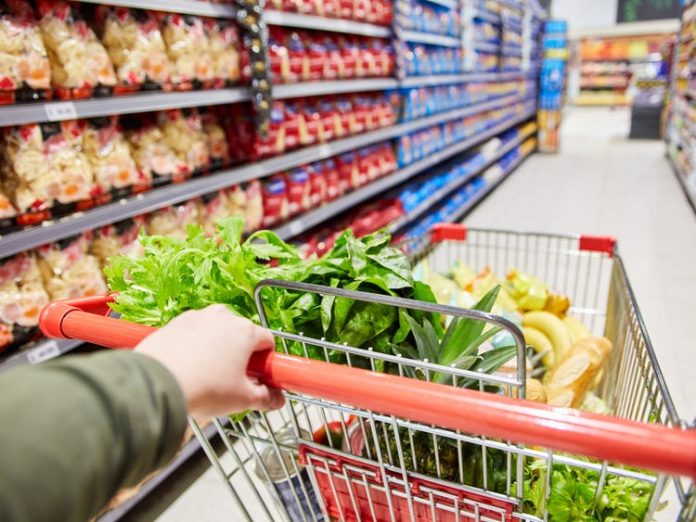A government study warned that the food crisis leaves Kuwait, like other countries in the world, with two options — either give in to high prices or face interruption of supply of goods you love most saying this is what is happening some countries of the world as a result of the complex factors caused by the continuing repercussions of the Corona pandemic and the Russian-Ukrainian war.
Informed sources revealed to a local Arabic daily that the study developed 3 scenarios to confront the crisis and ensure that citizens are not affected, and that it was one of the motives for forming the ministerial committee to enhance the food security system, which was approved by the Council of Ministers in its meeting recently.
The first proposal stipulated “liberating prices to ensure that they do not move suddenly while fixing the prices of specific goods,” the second stipulated “cancellation of the decision to fix prices, with an increase in the per capita share of frozen chicken and an increase in support for frozen chicken in the supply for a period of 6 months.”
And as for the third proposal, it was a compromise between the first and the second, and stipulated “gradual liberalization of prices”, so that “prices are controlled in a manner that does not affect their inflation over a period of two months, and ensure their balance with neighboring markets, while increasing the per capita share of frozen chicken to 3 kilograms” and increasing the support of a kilo of chicken for 6 months.
The sources said the rise in prices in some countries in the region has become an attractive factor for suppliers more than Kuwait, the study indicated that among the risks facing Kuwait in terms of food security, in addition to the high prices, are “the lack of available storage spaces and the high costs of displaying goods.”
She stated that the crisis is also related to the effects of the Corona pandemic, which is still clearly visible, in terms of global supply chain problems, high energy prices, fees and labor shortages, as well as the effects of the Ukrainian crisis and the disruption of about 30 percent of global food production and the suspension of some export countries such as India and others, increasing demand from supply in various countries of the world, and the entry of capitalist countries into support measures for citizens to face the rising cost of living.
On the state’s role in facing global price hikes, the study indicated monitoring the appropriate budget to cover the rising costs of basic commodities and addressing the concerned authorities to take the required measures, stressing that the ration card contributes to mitigating the effects.
The government study touched on the third article of Decree Law No. 10 of 1979, which states that “certain commodities may be subject to the pricing system…”.
The sources pointed out that this step would lead to price stability and citizens’ satisfaction. However, the sources listed 6 negatives effects:
1 – Bad service
2 – Reduced quality of the product
3 – Reduced size of the product
4 – Reducing the quantities received
5 – Disruption of the commodity from the market (eggs, chicken)
6 – Flourishing of the black market

















